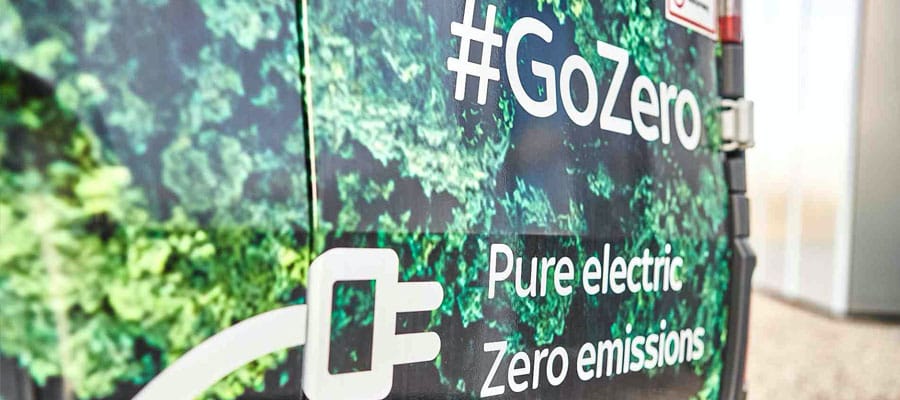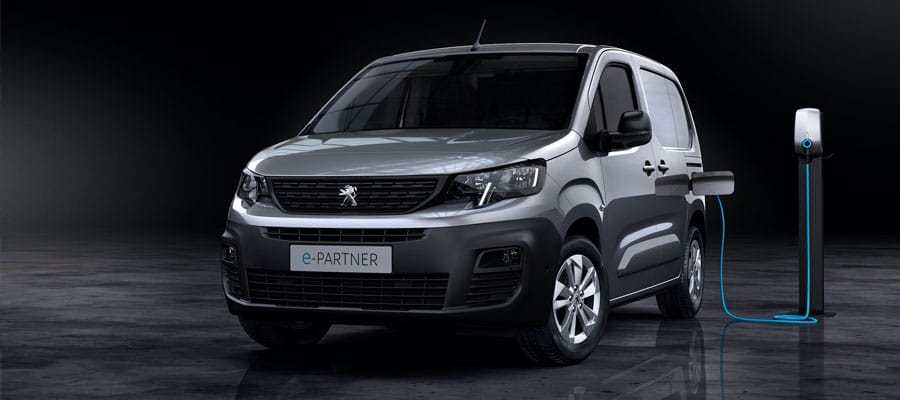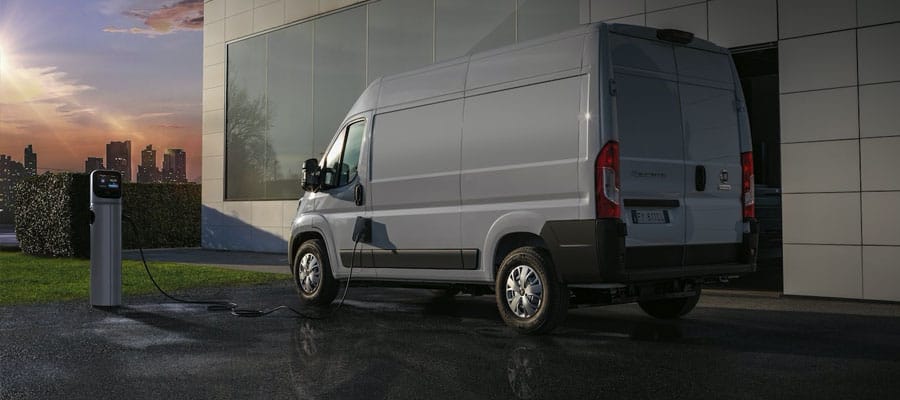Van benefit in kind drops to 0% for zero emission vans - is this the time to go electric?

From April 2021, a zero emission electric van will attract zero benefit in kind taxation. And, as electricity is not counted as a ‘fuel' by HMRC, there is also no free fuel tax to pay.
It means van drivers, if they are so allowed by their employers, can take the vehicle home at the weekends for their own private leisure pursuits without incurring a taxable penalty.
The changes to van tax have actually been on a percentage relief tapered scale which has increased each tax year - 60% in 2019/20, 80% in 2020/21- and from April 2021 it is 100%.
It's something that has received little recognition, says the
Association of Fleet Operators (AFP)
, a leading organisation of fleet professionals.
Its Chair, Paul Hollick, believes that a key element of success in boosting demand for electric cars during 2020 has been the zero level of company car taxation; something similar for the light commercial vehicle sector is overdue, he believes.
“We've seen in the EV market how the 0% tax rate has been decisive when it comes to driving company car driver interest and, as it has become more widely known, demand for electric cars has increased,” says Hollick.
“While eLCV drivers have a much reduced say over what they drive compared with company car drivers, there is certainly potential for a similar effect. However, our feeling across the AFP membership is that the whole subject has been underpublicised.
“We are now in a position where a
choice of electric vans is coming onto the market
to meet a wide range of needs and for which the whole life costs look competitive, based on initial figures. What we need now is greater awareness.”

Peugeot e-Partner is the latest electric van entrant
The newest electric van on the block is the popular Peugeot e-Partner. The small panel van features a 50kWh lithium-ion battery connected to a 100kW (136hp) electric motor with a range of up to 171 miles on a single charge.
The van is offered with three driving modes, depending on the van's operational requirements:
- Eco (60 kW, 190 Nm): ideal for optimising vehicle range;
- Normal (80 kW, 210 Nm): optimal for everyday use;
- Power (100 kW, 260 Nm): optimises performance and suited best for transporting heavy loads.
Additionally, drivers can choose from two levels of braking urgency: ‘Moderate' or ‘Augmented', the latter to maximise battery regeneration.
The new Peugeot e-Partner has a maximum load capacity of up to 4.4m3 - the same as the diesel Partner - while maximum payload is 800kg (the diesels go up to 1000kg). Two wheelbase versions are available: Standard variant at 4.40m; and Long with 4.75m.

Van drivers want to switch to electric says research
The e-Partner arrives just as a survey of 500 van drivers found that a third were considering a switch to an electric van.
The research was carried out by Fiat Professional to launch its E-Ducato electric van in the UK, which has a range of up to 192 miles between charges - almost four times the daily distance driven by the van drivers surveyed, says the company.
Head of Fiat Professional, Richard Chamberlain, comments:
“Electric vans offer a lot of benefits for delivery companies and tradespeople. Not only are they environmentally friendly, but they are also exempt from the congestion charge and ULEZ.”
Increasingly consumers are becoming more interested in the carbon footprint of the items delivered to their door preferring that delivery companies use zero emission vehicles where possible, suggesting there are competitive advantages to adopting a zero emission approach, not to mention greater marketing opportunities.
What is the best way to transition to an electric van fleet?
It's possible that due to the mileage or delivery routes of your business, a fully electric van might not be suitable. But there are a variety of vans with ultra low emissions, such as PHEVs, that can do longer distances where necessary.
The media company Sky, for example, has just brought onto its fleet 151 Ford Transit Custom PHEVs, which have zero emission capability in urban areas, as well as 11 fully electric Renault Kangoo Z.E. vans. The company wants to transition to a fully electric fleet by 2030.
“This is a well-planned move by Sky to integrate ultra low emission and zero emission vehicles into its fleet, identifying which areas can be fully electric and those where it's not practical yet,” says Rob Marshall, Operations Director at Gateway2Lease.
“It's a pragmatic approach which lowers the company's CO2 footprint without compromising operational efficiencies. Small fleets and trades people can take a similar approach. What's important, though, is to overcome the headline rental price. While the rental might be more expensive than a diesel, the lifetime costs of an electric van are often much lower - there's no diesel to pay for, just much cheaper electricity, and with far fewer moving parts, maintenance costs are greatly reduced, too. And then there is also the impact on improving urban air quality, too.”
Businesses considering whether to adopt an electric vehicle strategy can visit the useful Energy Saving Trust website, and click on the
Electric vans
page. There's plenty of information that should help plus an interactive feature called ‘Could an electric van work for you?'.
“This is very useful background information for businesses that will help inform the decision-making process,” continues Rob. “Of course, our vehicle experts are on hand to give you advice and help in your electrification journey, whether it's about vehicle range or receiving help to install chargers at your premise, something that we have already done at the Gateway2Lease office.”
Electric van leasing might seem daunting at first, but the advantages are many. Not least the knowledge that there will be no benefit in kind company van tax to pay.
View our latest blog posts

Categories
Pages
We are a family run business based in rural Worcestershire. Our team of 38 staff are on hand to provide an exceptional service to personal and business customers.
Read More
